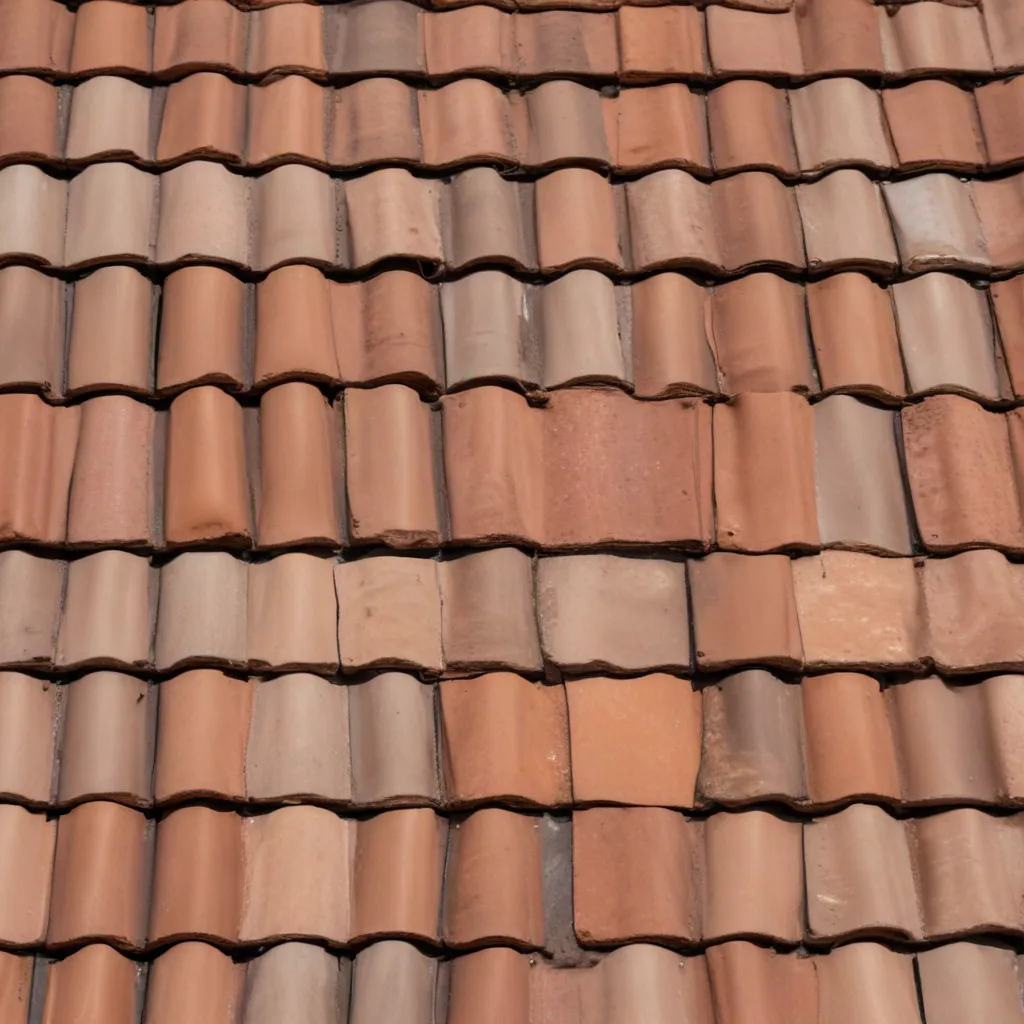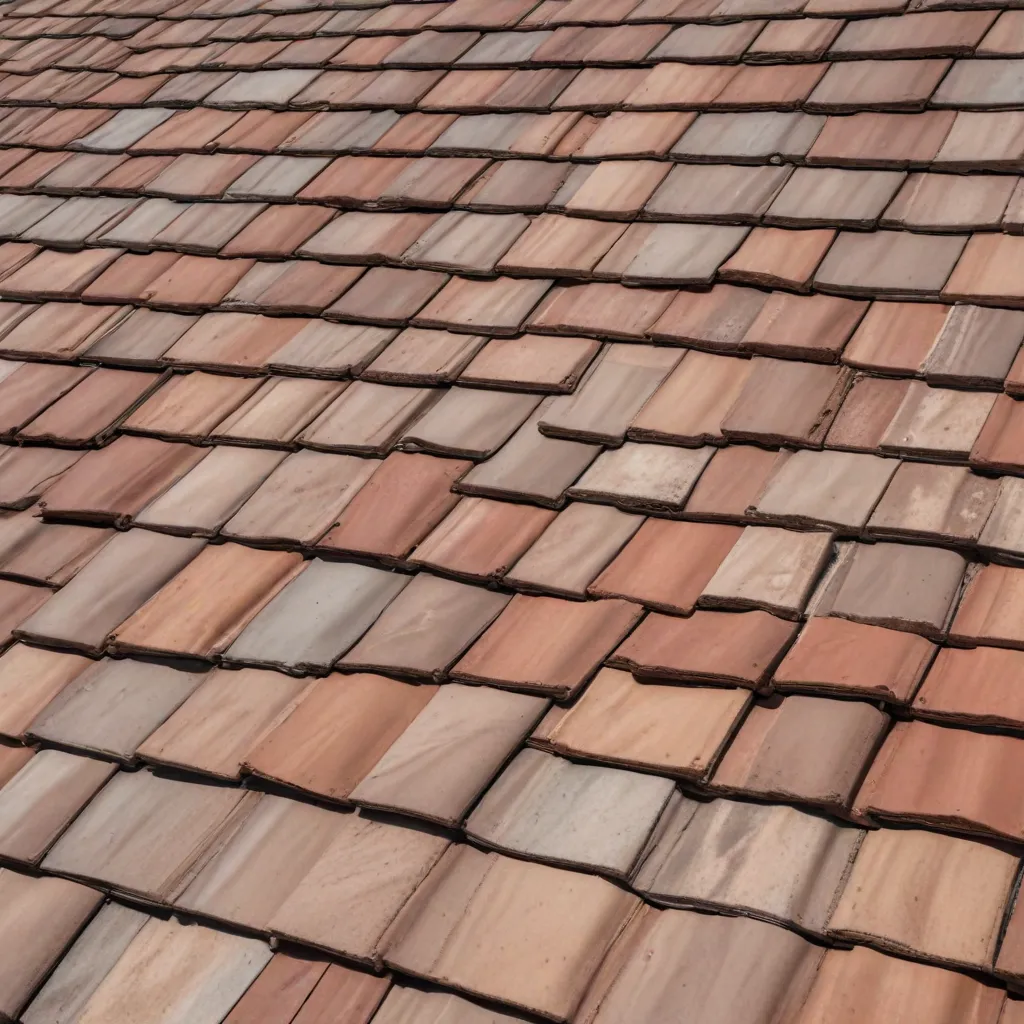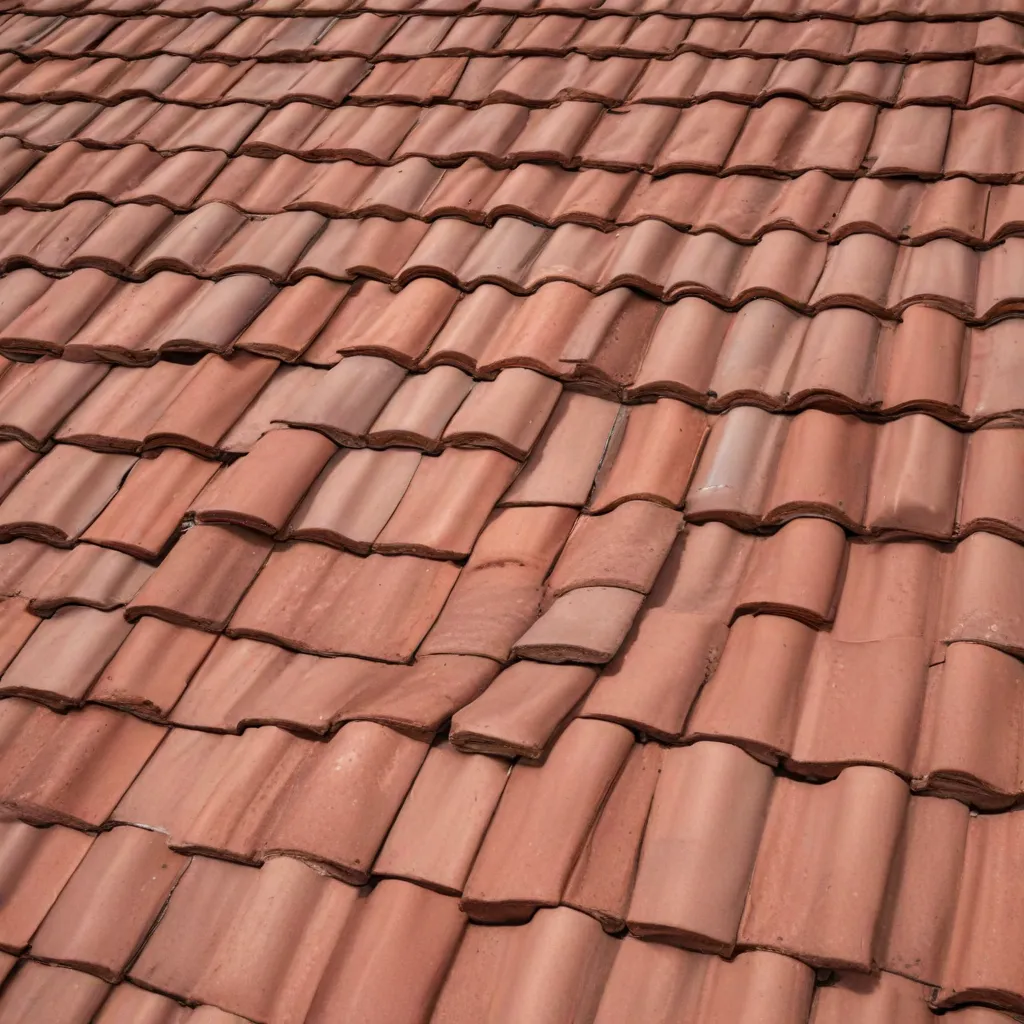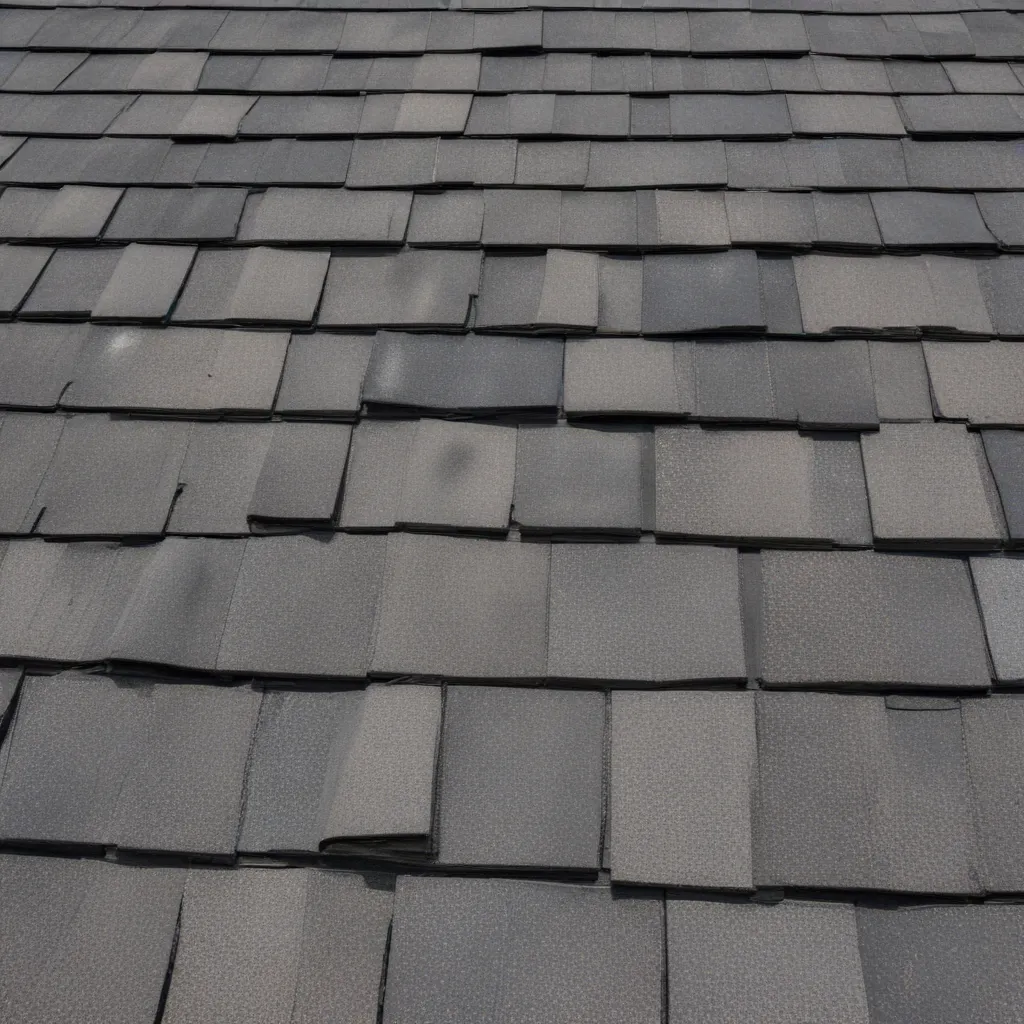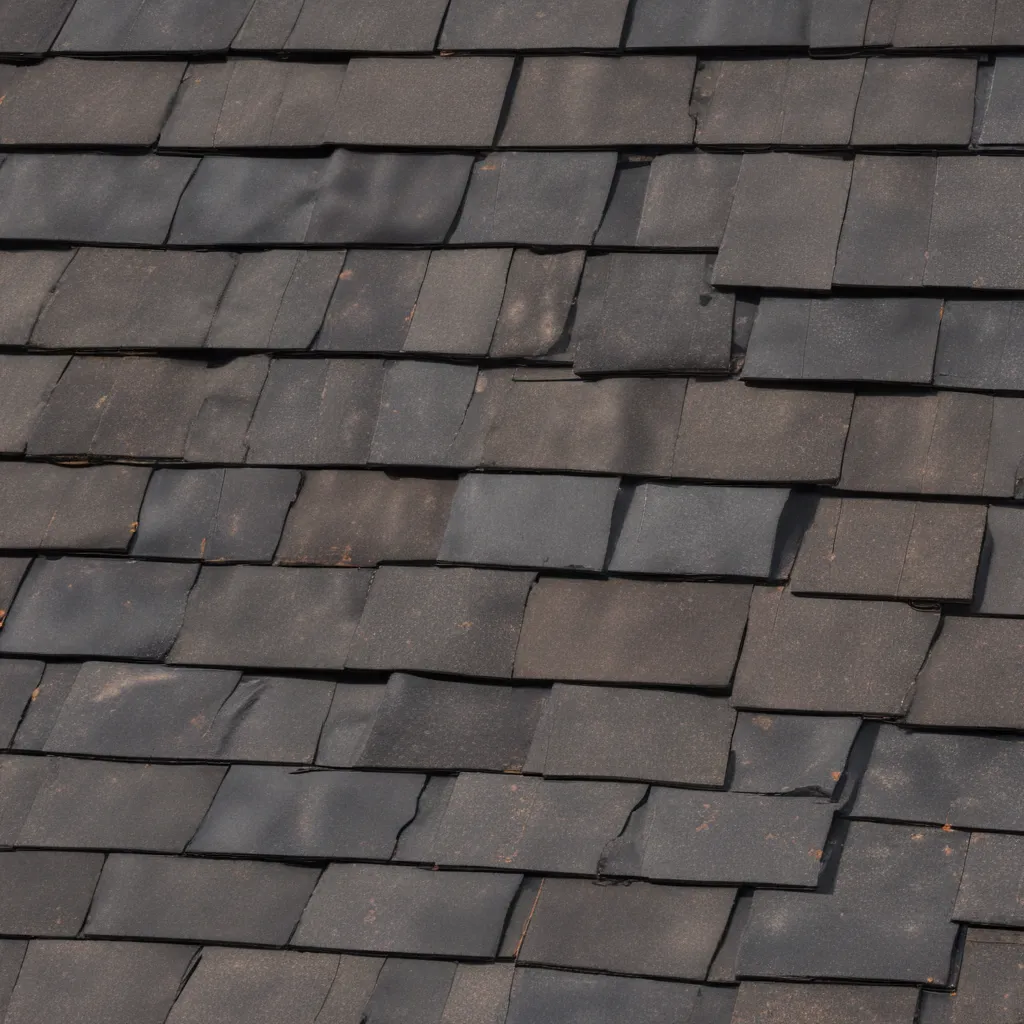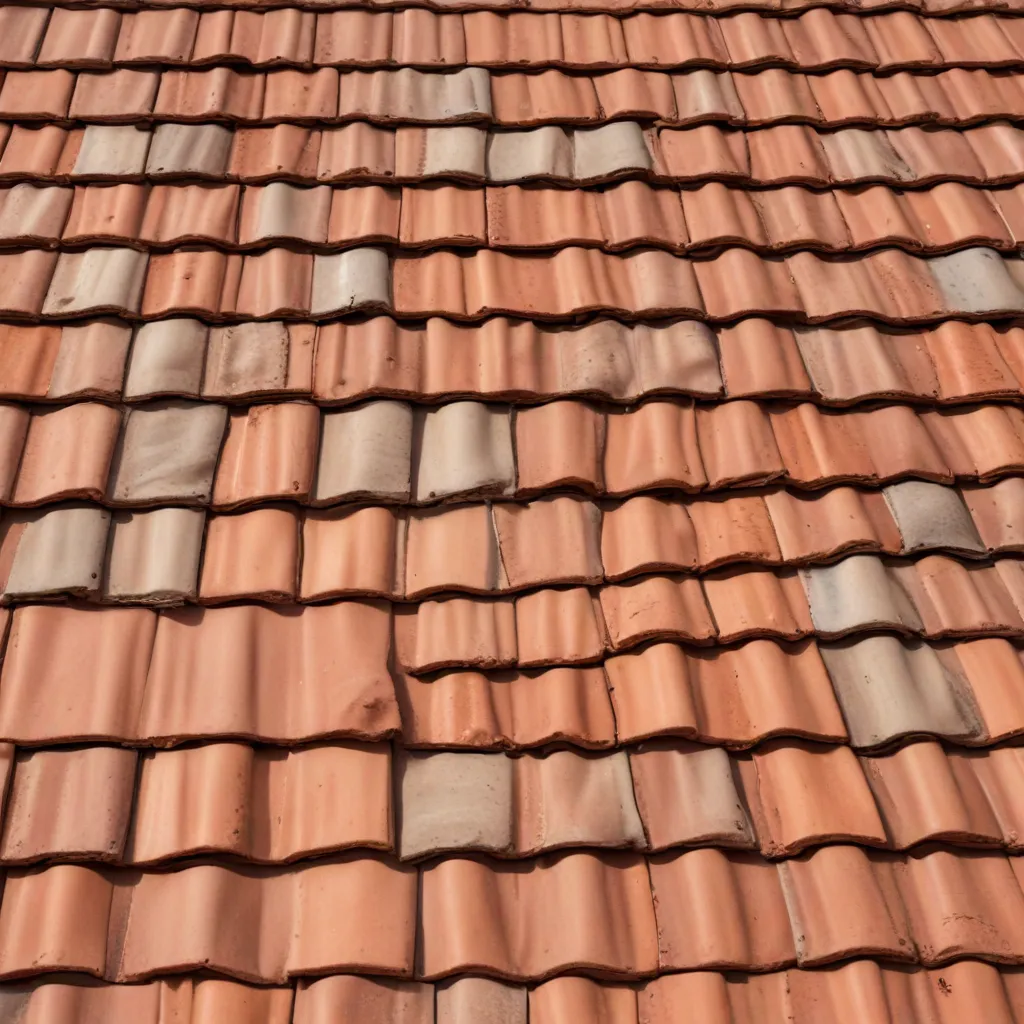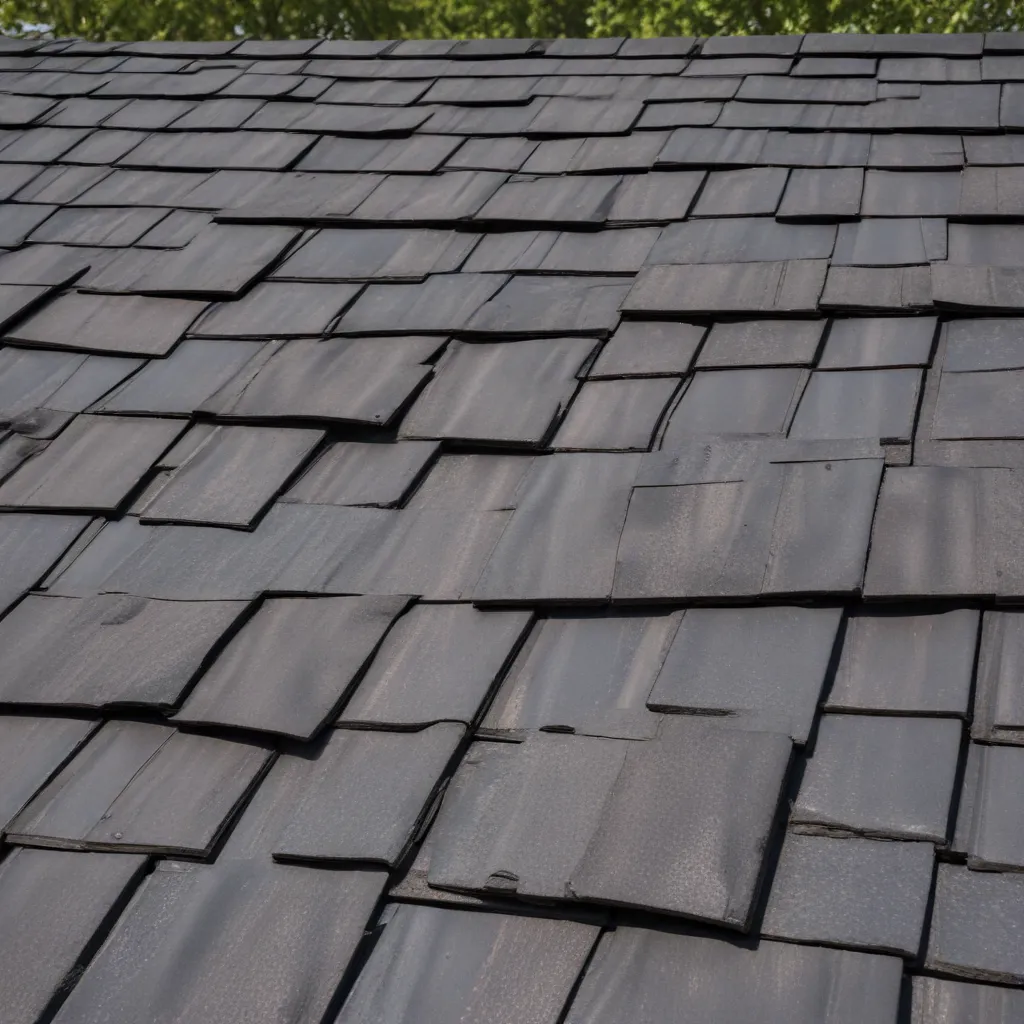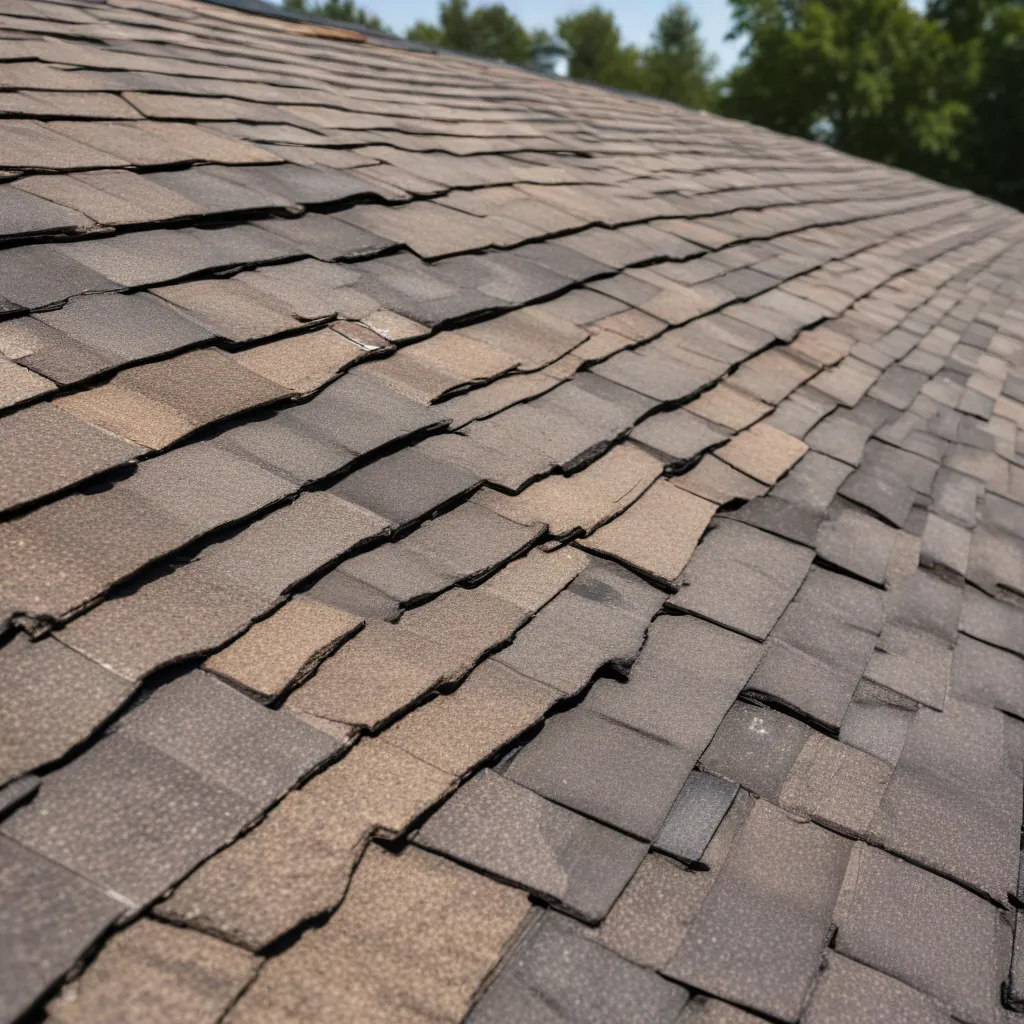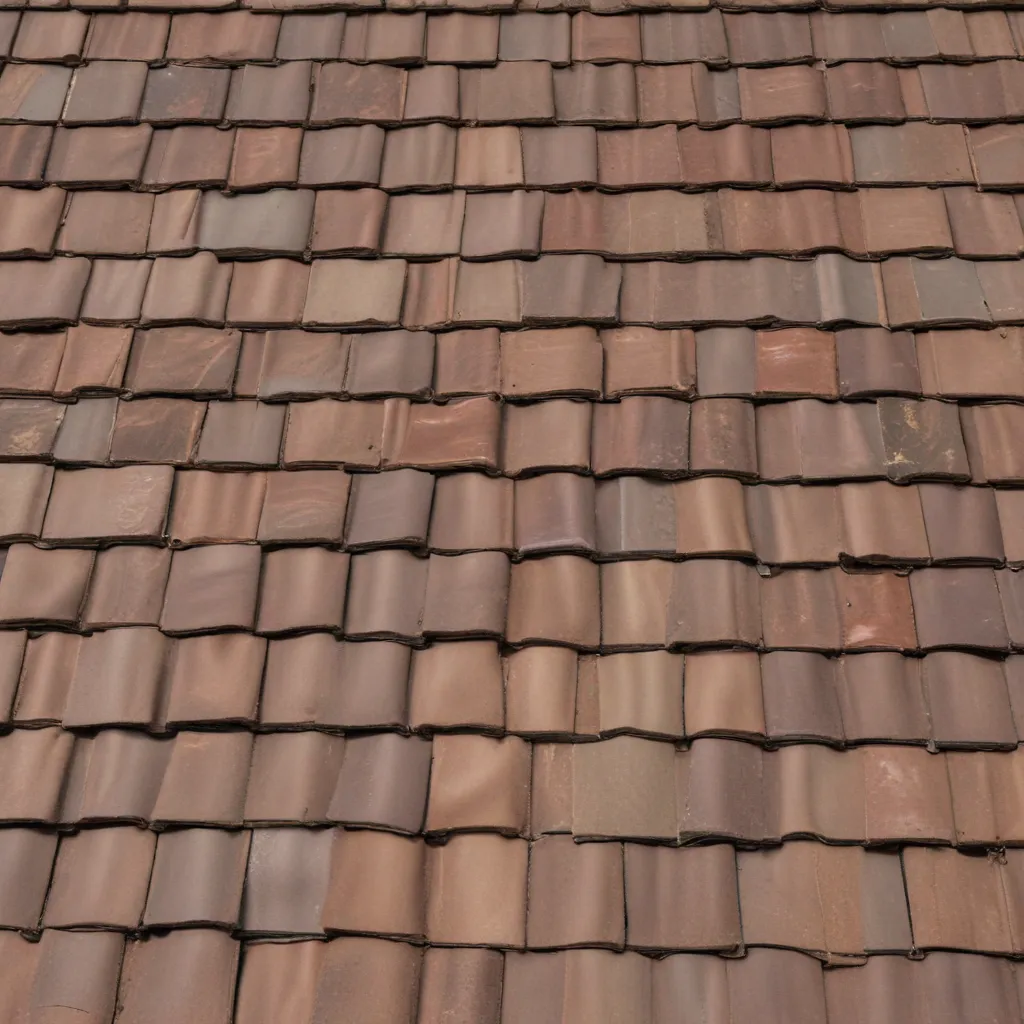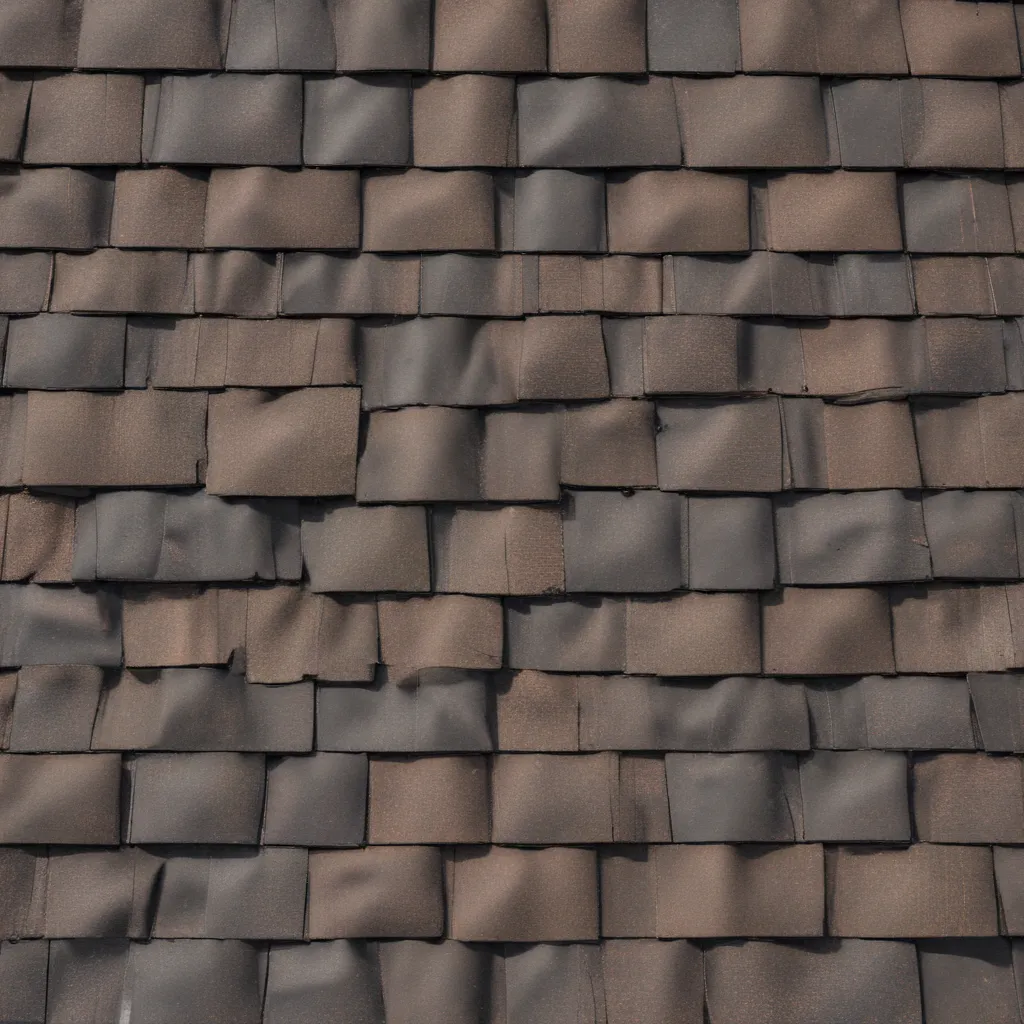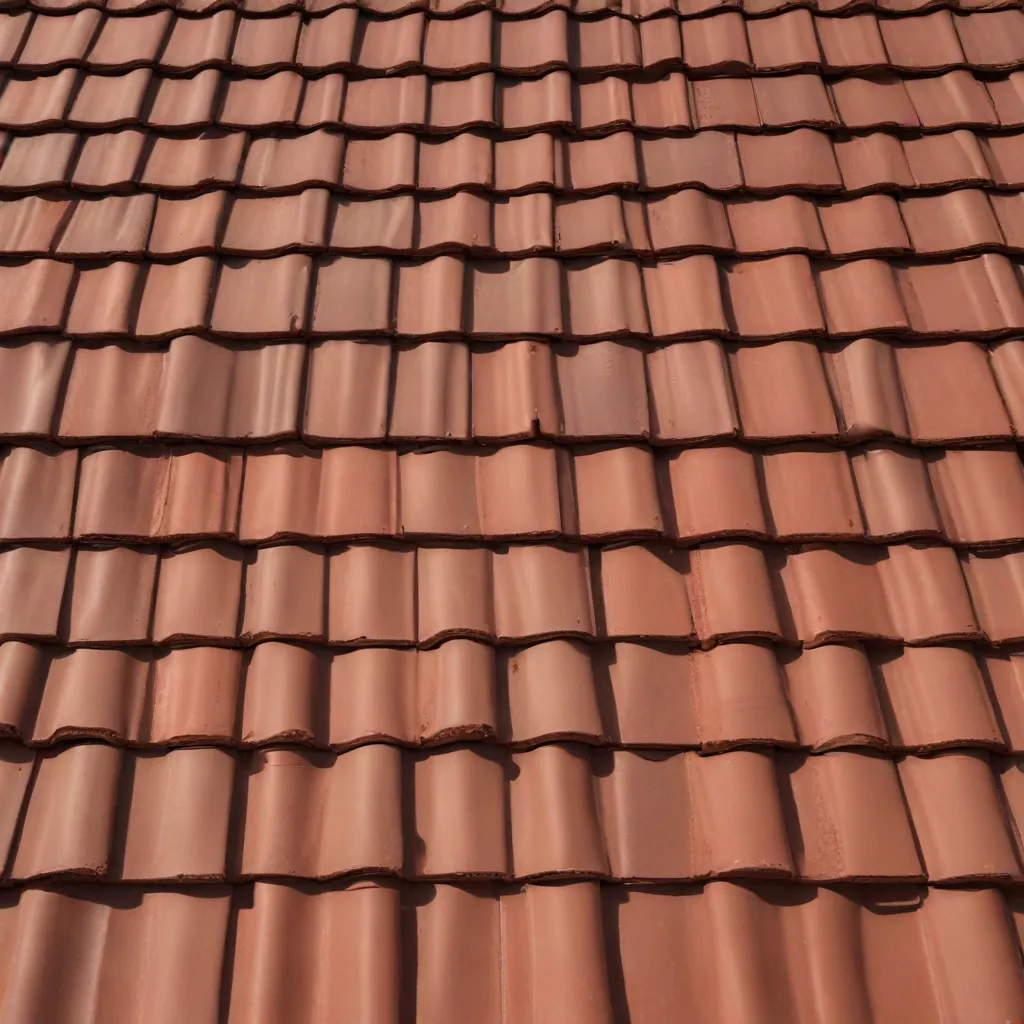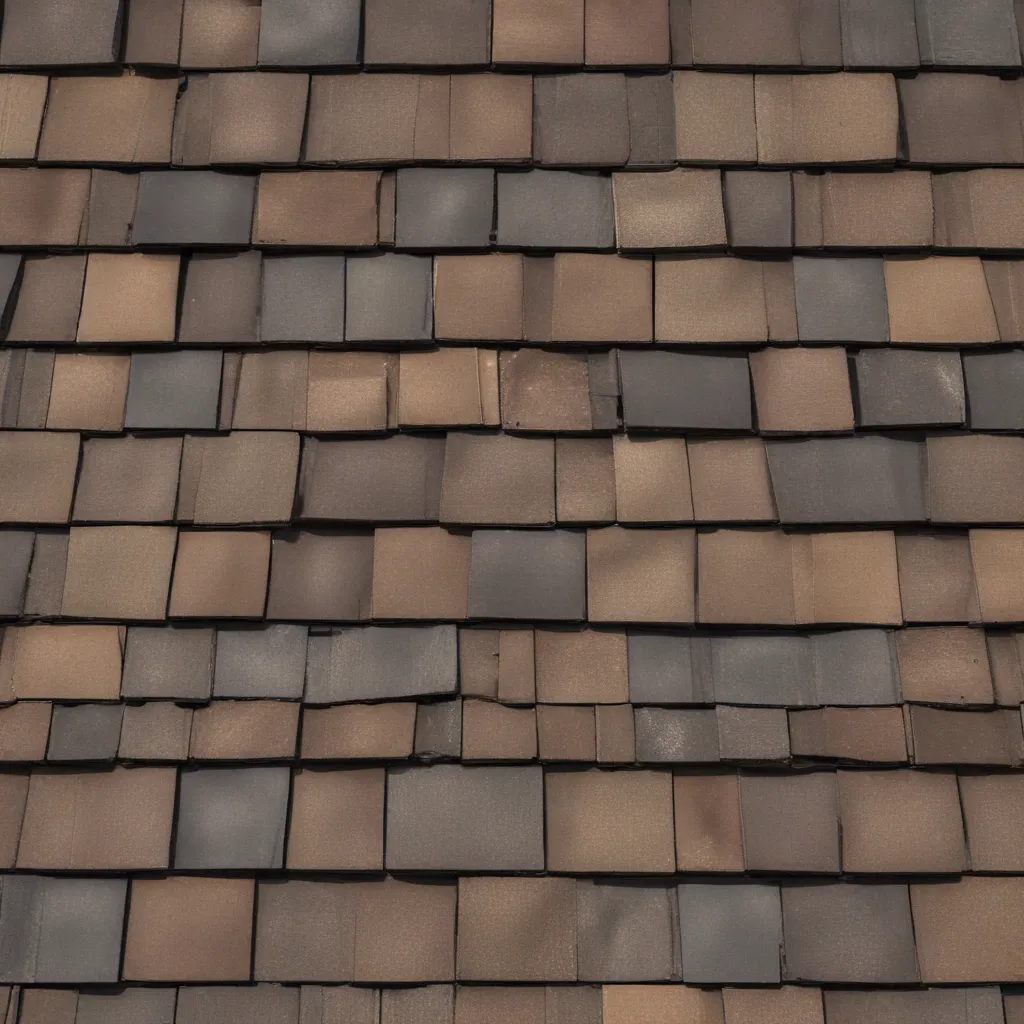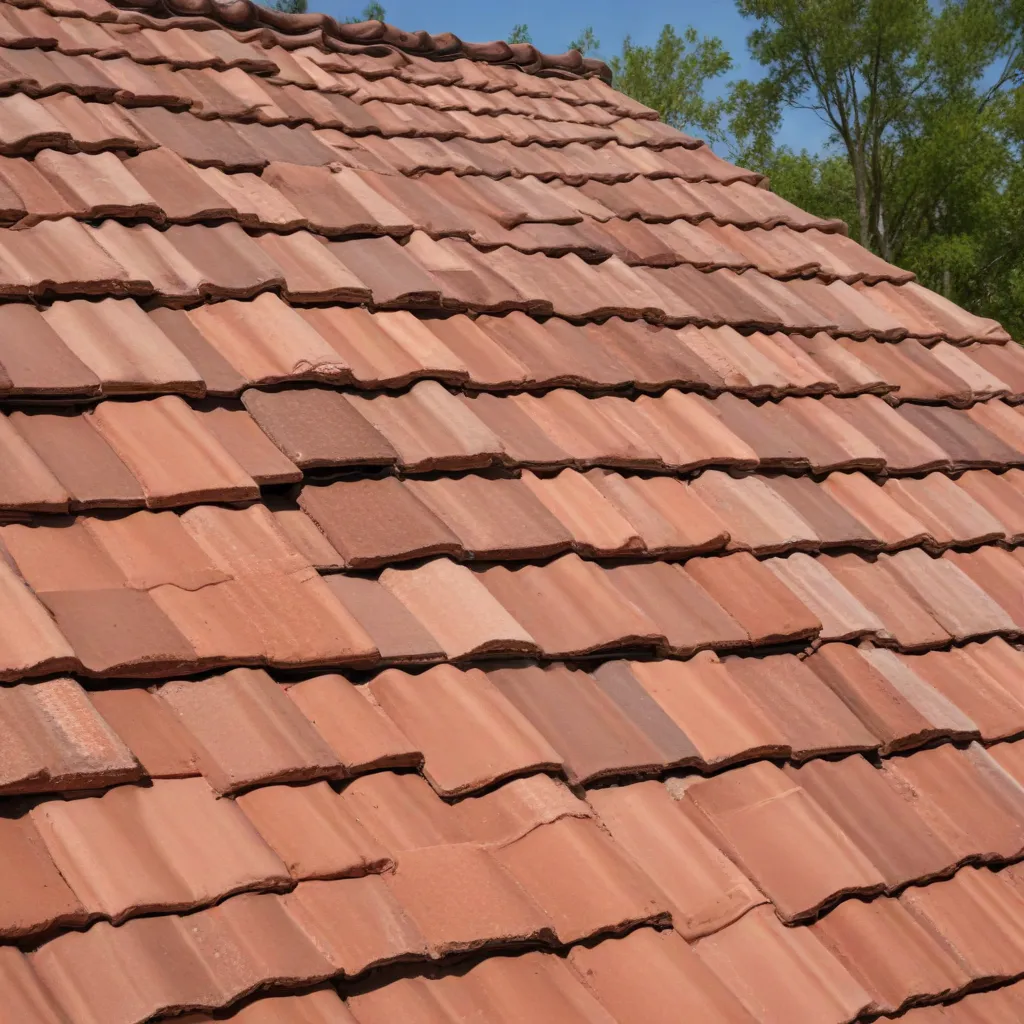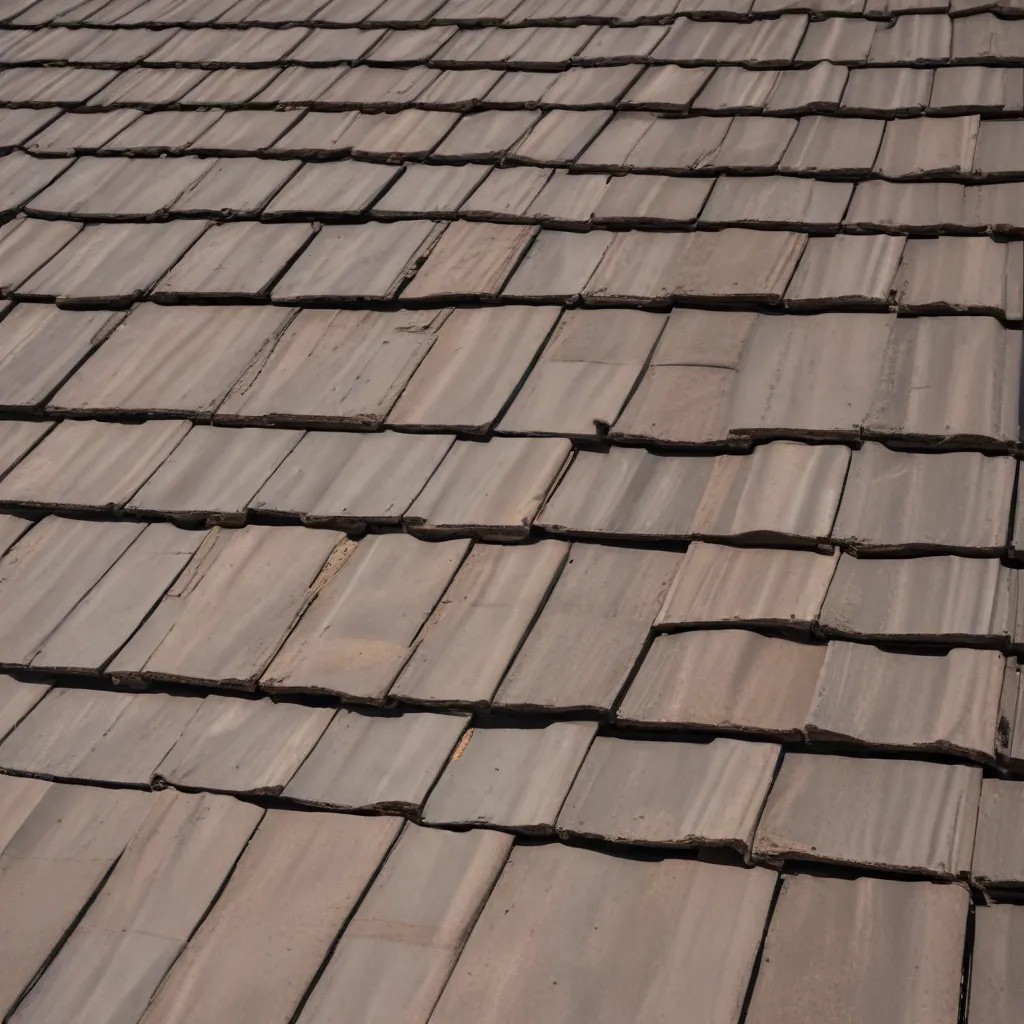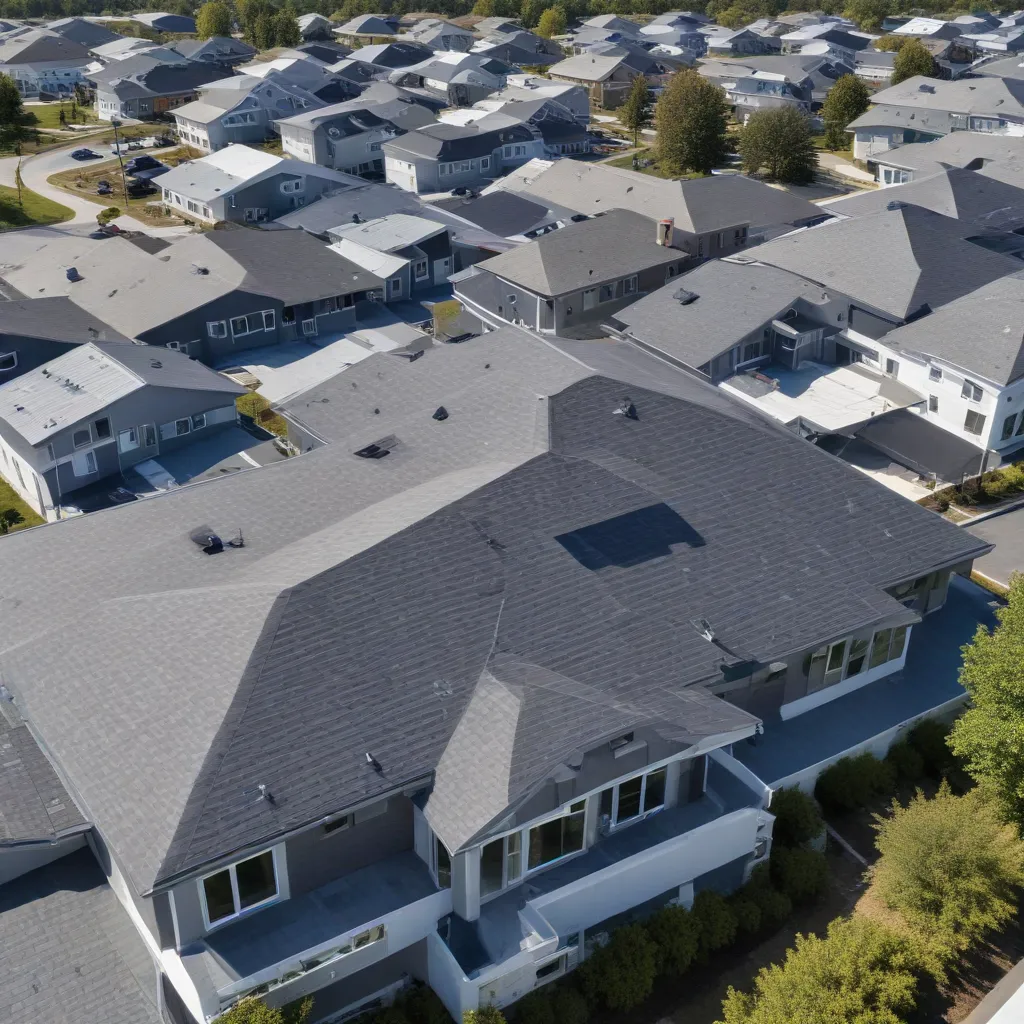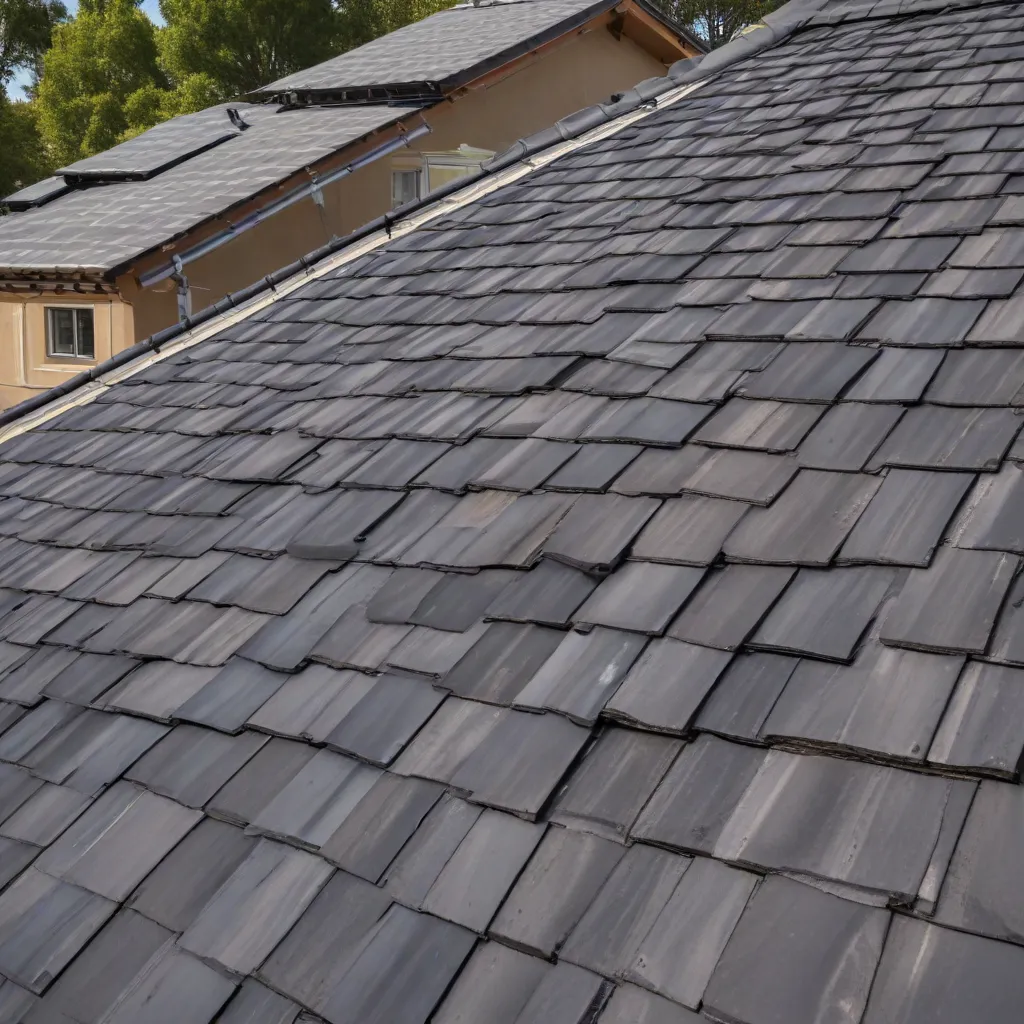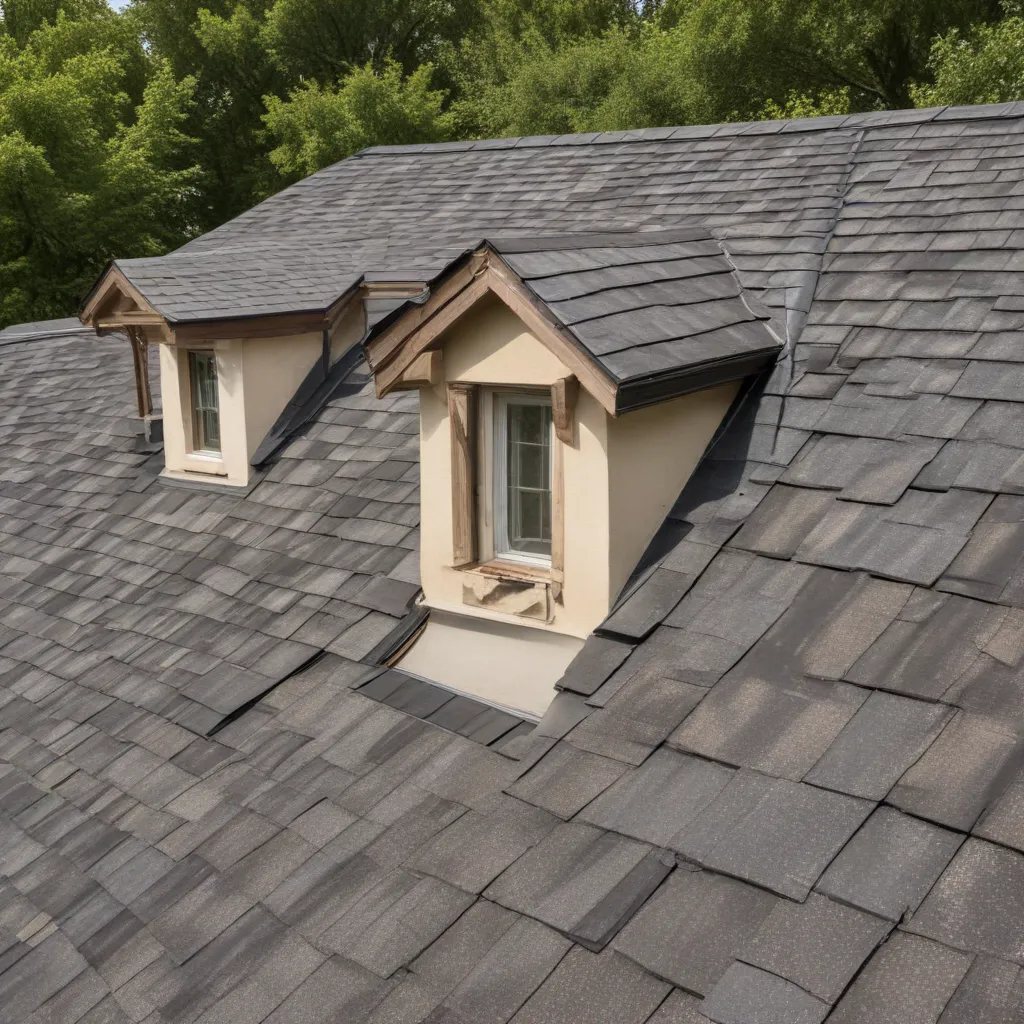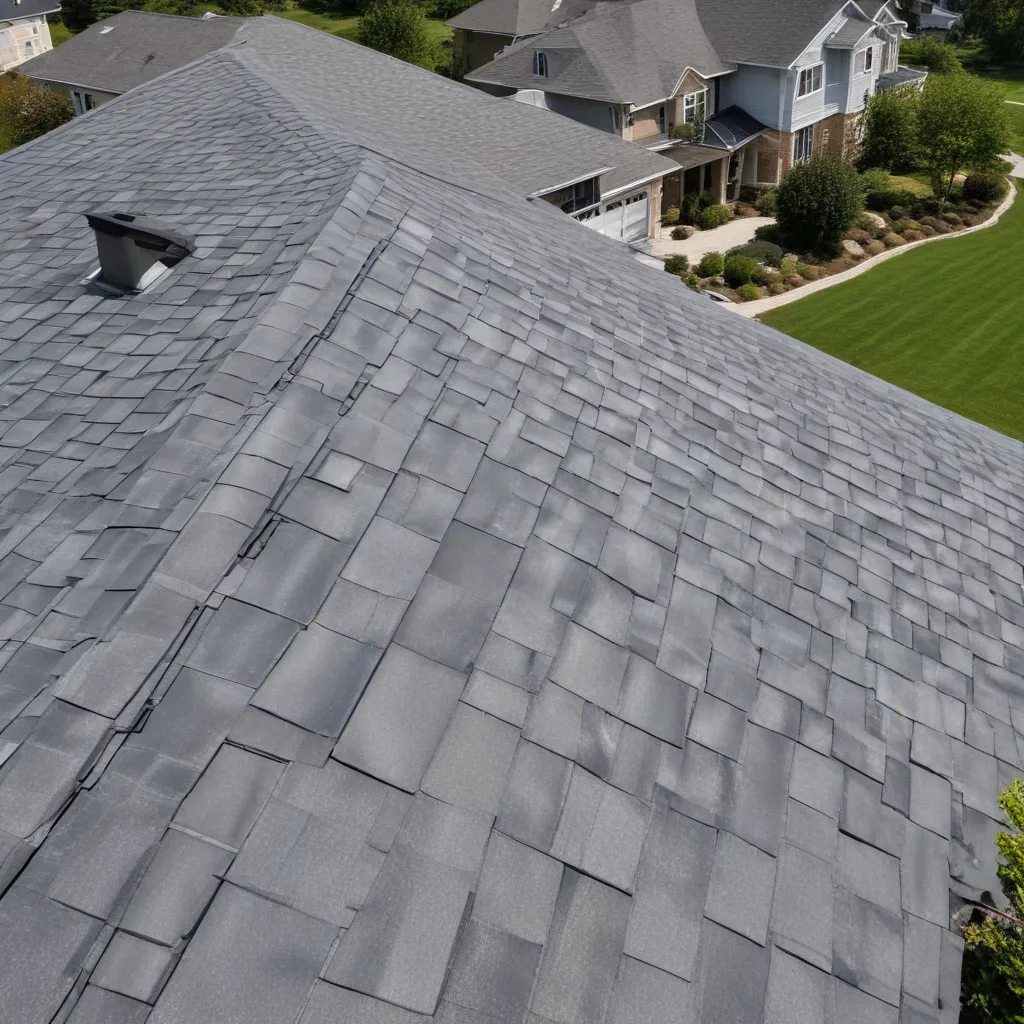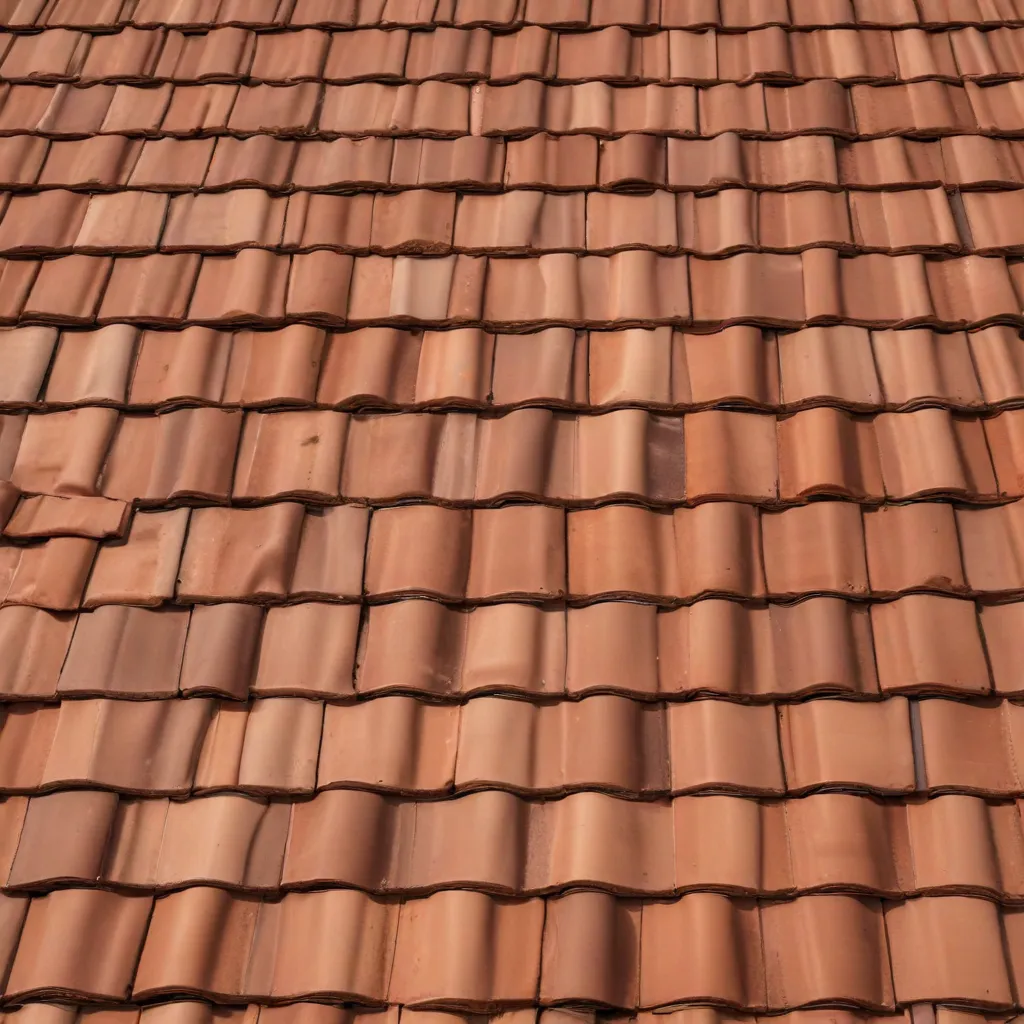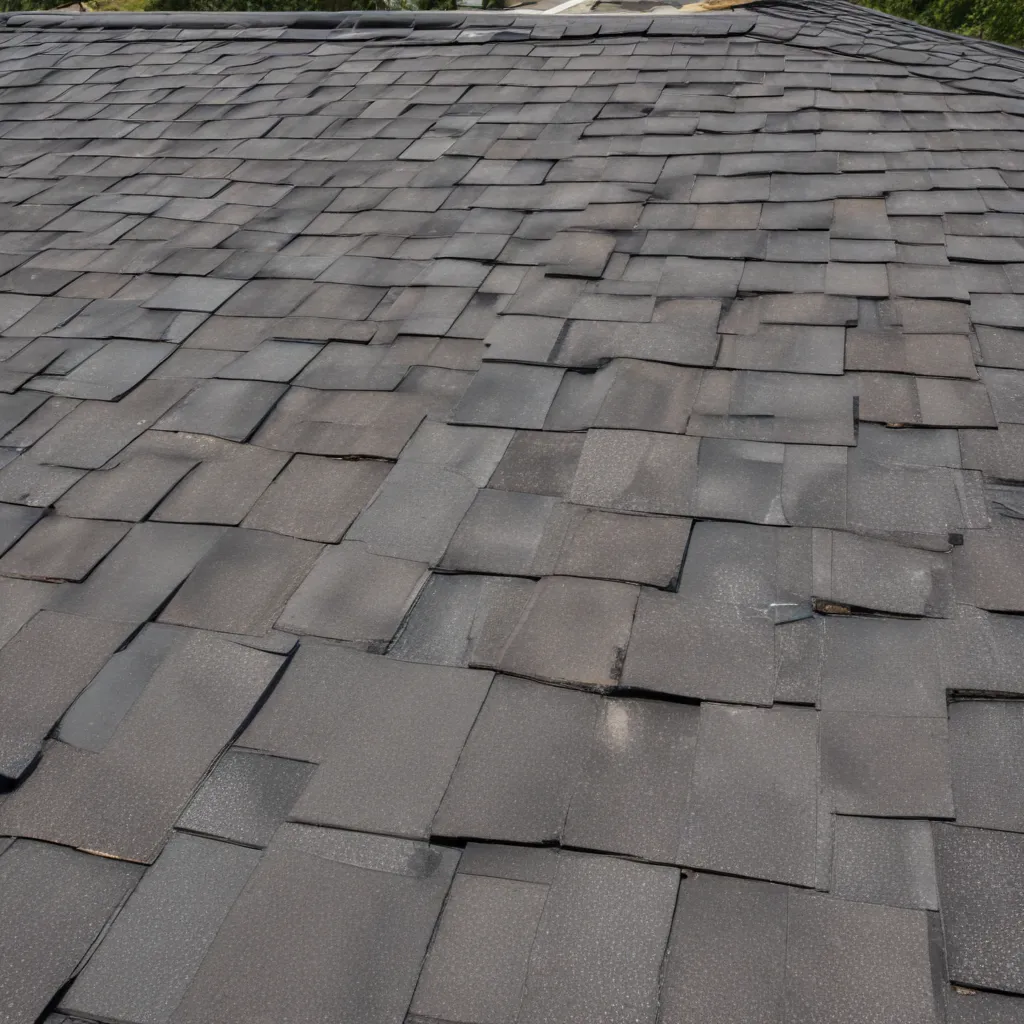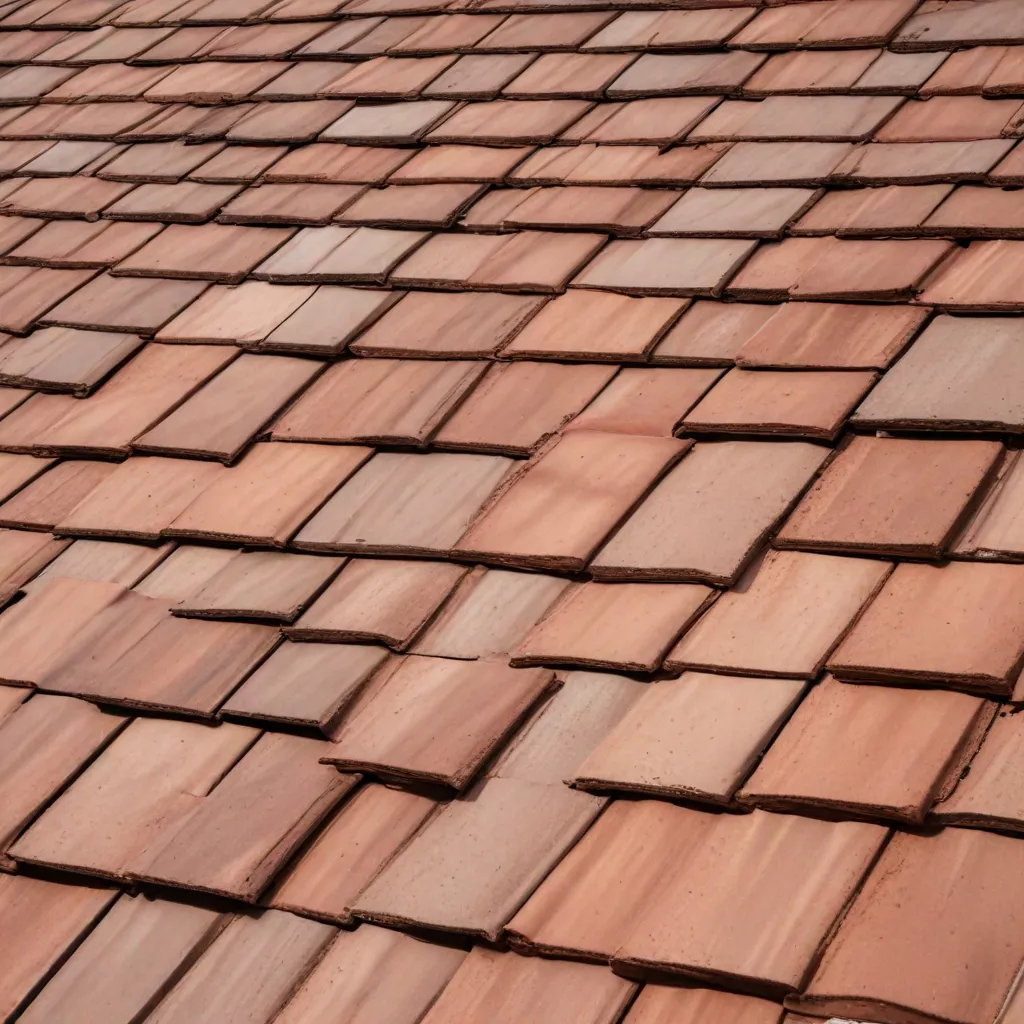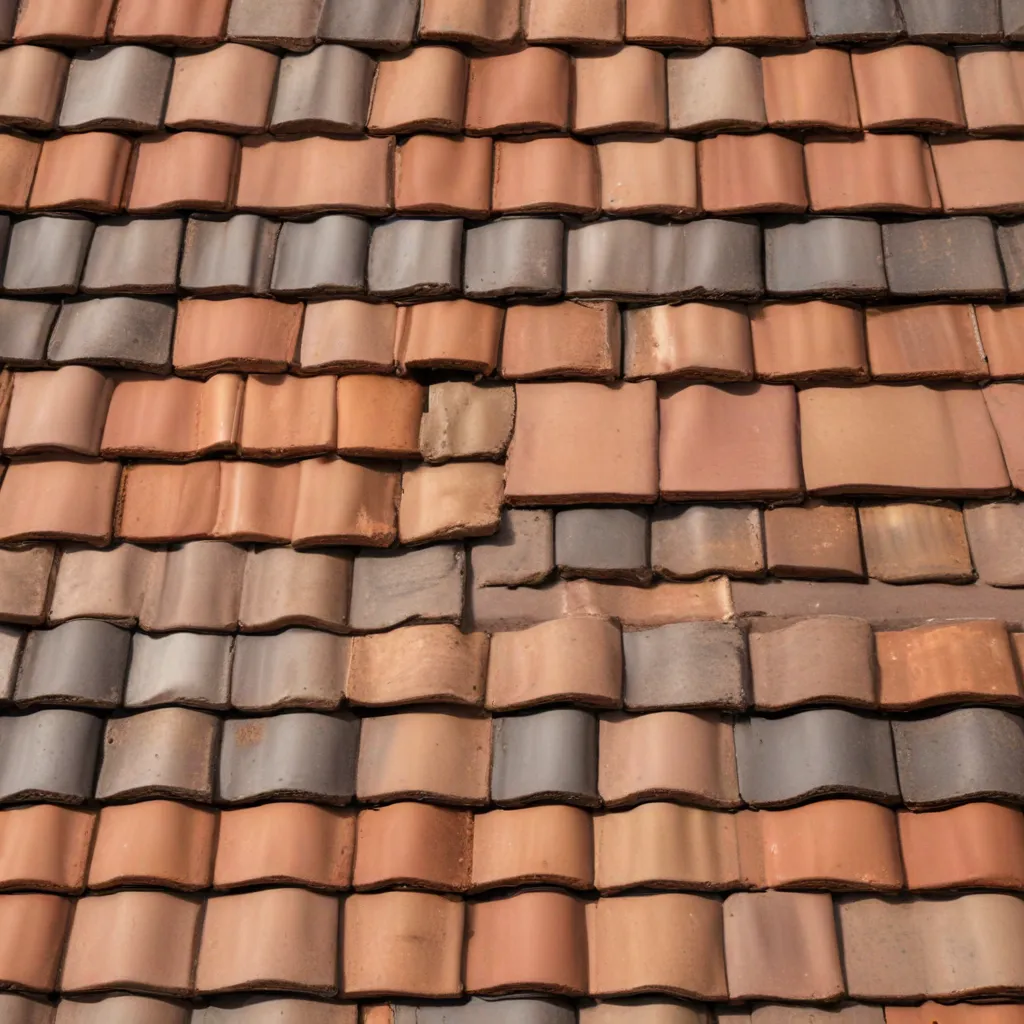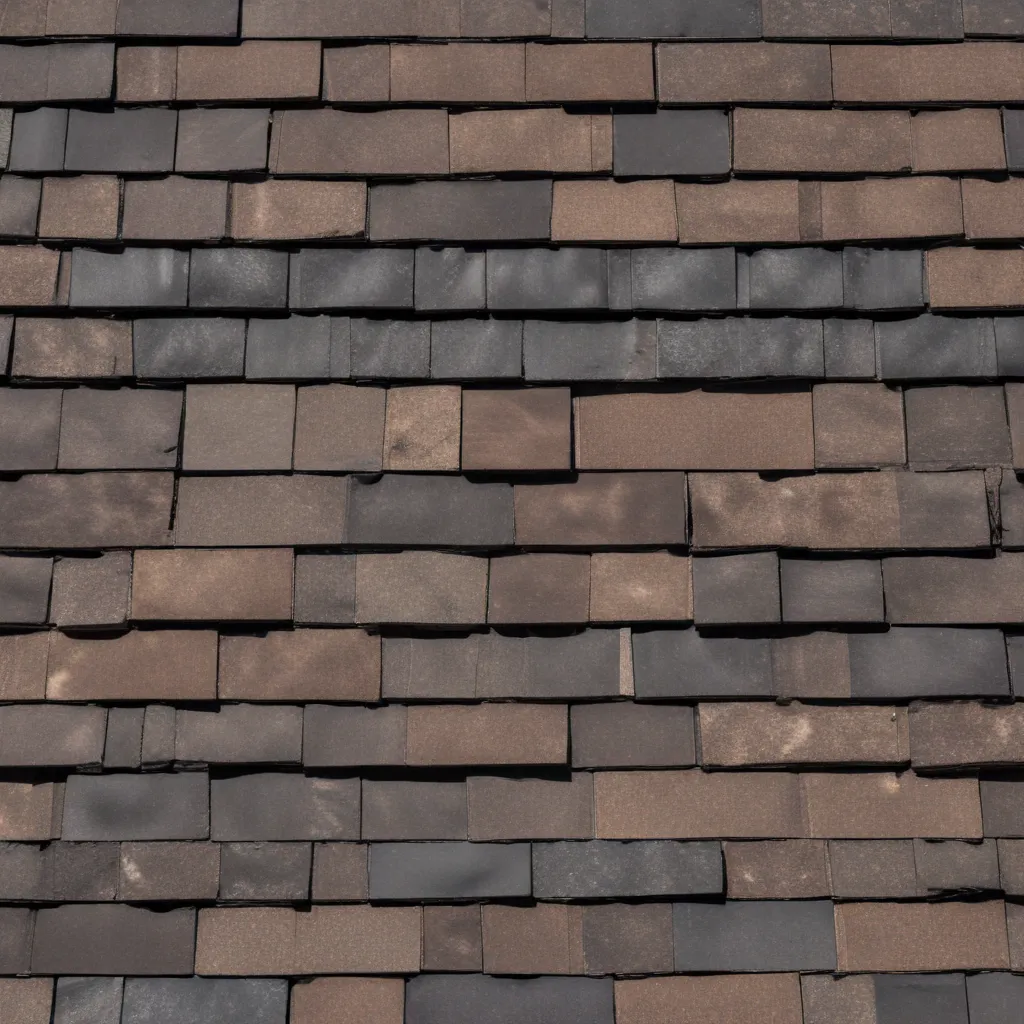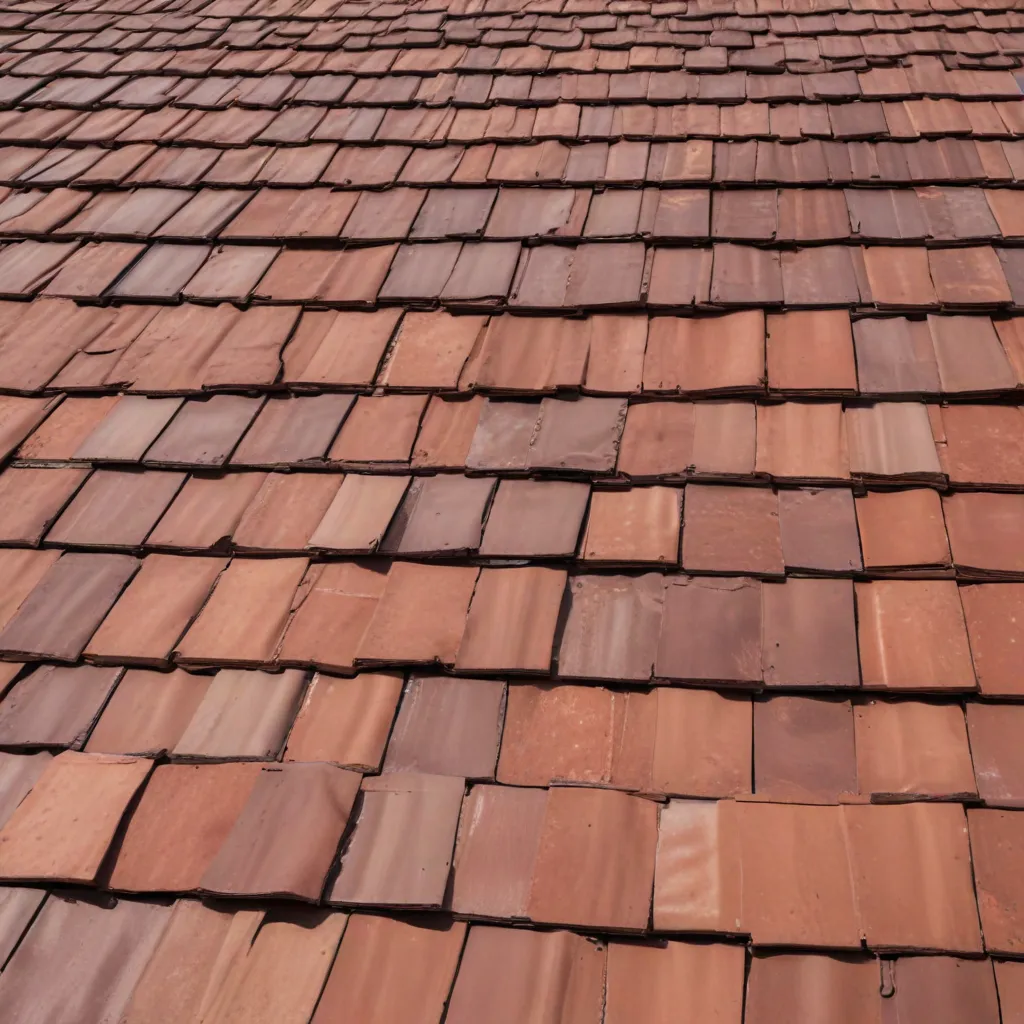Welcome to our comprehensive guide on the top benefits of proper roofing insulation. In this article, we will delve into the significance of insulation for your roof and how it can improve energy efficiency, increase comfort levels, and provide long-term cost savings. With the goal of outranking other websites, we aim to provide you with a detailed exploration of roofing insulation and its advantages. So, let’s dive right in!
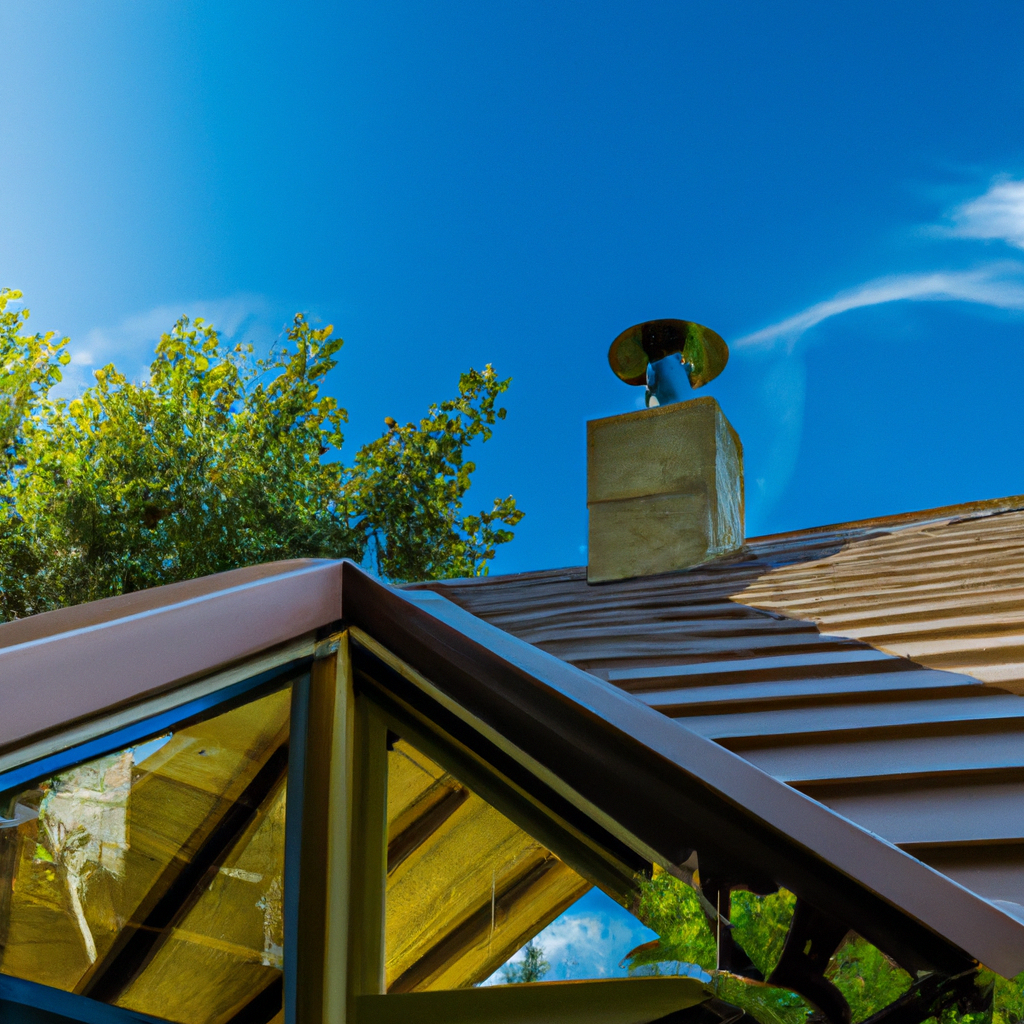
The Importance of Roofing Insulation
Proper insulation plays a crucial role in maintaining a comfortable indoor environment while reducing energy consumption. It acts as a protective barrier, preventing heat transfer between the interior and exterior of your home. Without adequate insulation, your roof can become a source of significant heat loss or gain, leading to discomfort and increased utility bills.
Energy Efficiency and Cost Savings
One of the primary benefits of proper roofing insulation is its ability to enhance energy efficiency. By effectively reducing heat transfer, insulation helps keep indoor temperatures stable, reducing the need for excessive heating or cooling. This, in turn, leads to substantial cost savings on your energy bills.
Furthermore, when your home requires less energy for heating and cooling, it also reduces the strain on HVAC systems, prolonging their lifespan and minimizing maintenance and replacement costs. Investing in quality insulation upfront can result in significant long-term savings.
Enhanced Comfort Levels
Roofing insulation plays a vital role in maintaining comfortable temperatures within your living space. In cold climates, insulation prevents heat from escaping, keeping your home warm and cozy. Conversely, in hot climates, insulation acts as a barrier, preventing excessive heat from penetrating your home, ensuring a cool and comfortable environment.
Insulation also helps reduce noise transmission from the outside, making your home quieter and more peaceful. By minimizing the impact of external noise, you can enjoy a more serene and relaxing living environment.
Condensation Control and Moisture Prevention
Another advantage of proper roofing insulation is its ability to control condensation and prevent moisture-related issues. Insulation acts as a barrier against moisture, preventing it from seeping into your home through the roof.
By controlling condensation, insulation helps prevent the growth of mold and mildew, which can be detrimental to your health and the structural integrity of your property. With proper insulation, you can maintain a dry and healthy living space, free from moisture-related problems.
Environmental Impact and Sustainability
Investing in proper roofing insulation not only benefits you but also contributes to a more sustainable future. By reducing energy consumption, insulation helps lower greenhouse gas emissions and minimizes your carbon footprint. It is a simple yet effective step towards creating a greener and more environmentally friendly home.
Types of Roofing Insulation
When it comes to roofing insulation, various options are available, each with its own unique advantages. Let’s explore some of the most commonly used types of insulation:
Fiberglass Insulation
Fiberglass insulation is a popular choice due to its affordability and ease of installation. It consists of tightly woven glass fibers that trap air, creating a barrier against heat transfer. Fiberglass insulation is available in rolls or batts and is commonly used in attics and crawl spaces.
Cellulose Insulation
Made from recycled paper fibers treated with fire-retardant chemicals, cellulose insulation is an environmentally friendly option. It offers excellent thermal performance and is effective at reducing noise transmission. Cellulose insulation is often blown into attics and walls, providing seamless coverage.
Spray Foam Insulation
Spray foam insulation is a versatile option that expands upon application, filling gaps and creating an airtight seal. It provides superior thermal insulation and helps prevent air leakage, making it highly energy-efficient. Spray foam insulation is often used in hard-to-reach or irregularly shaped areas.
Reflective Insulation
Reflective insulation consists of a reflective material, such as aluminum foil, which reflects radiant heat away from your home. It is commonly installed in attics, under roofs, or on walls facing the sun. Reflective insulation is particularly effective in hot climates, reducing the need for excessive air conditioning.
Conclusion
Proper roofing insulation offers a multitude of benefits, ranging from improved energy efficiency and cost savings to enhanced comfort levels and moisture prevention. By investing in quality insulation, you can create a more sustainable and comfortable living environment while reducing your carbon footprint.
Remember to choose the insulation type that best suits your climate and specific requirements. Whether it’s fiberglass, cellulose, spray foam, or reflective insulation, each option offers unique advantages to cater to your insulation needs.
We hope this guide has provided you with valuable insights into the benefits of proper roofing insulation. With this knowledge, you can make informed decisions to optimize your home’s energy efficiency, comfort, and long-term cost savings. So, get started on upgrading your roofing insulation today and enjoy the numerous advantages it brings!

